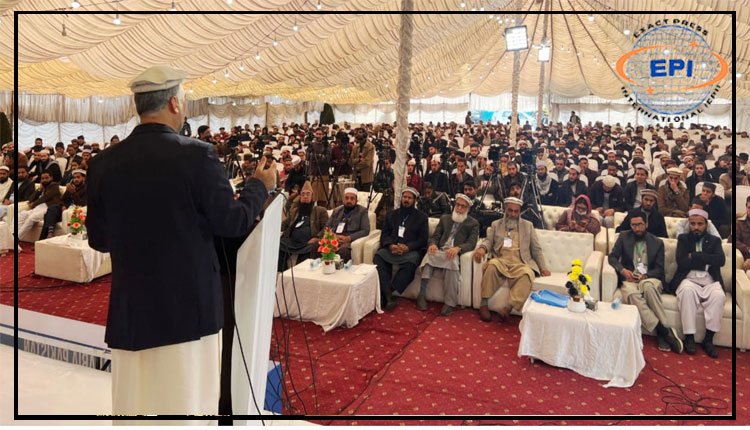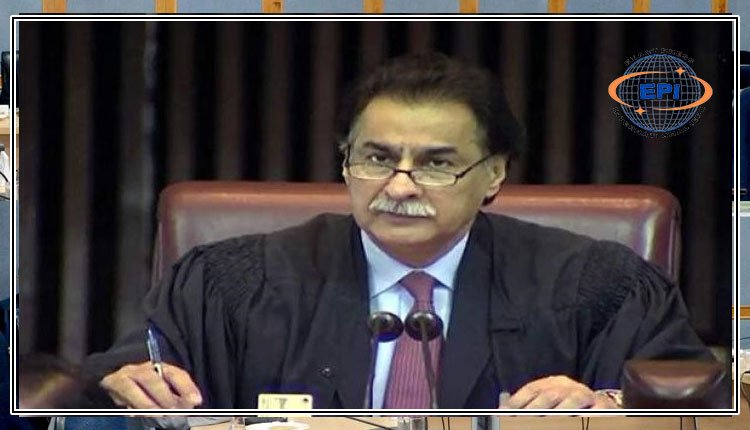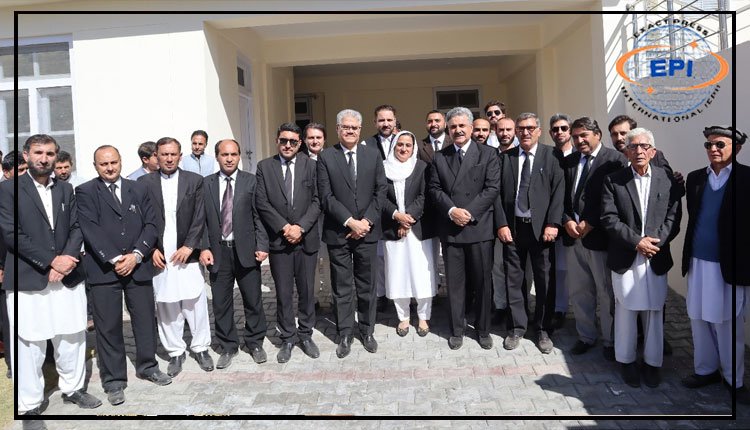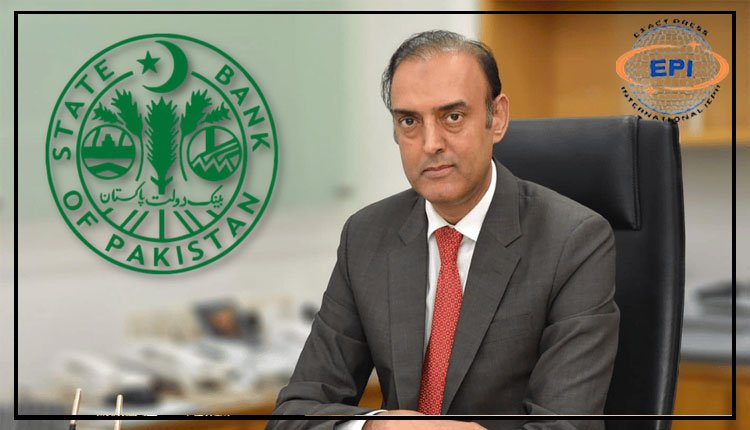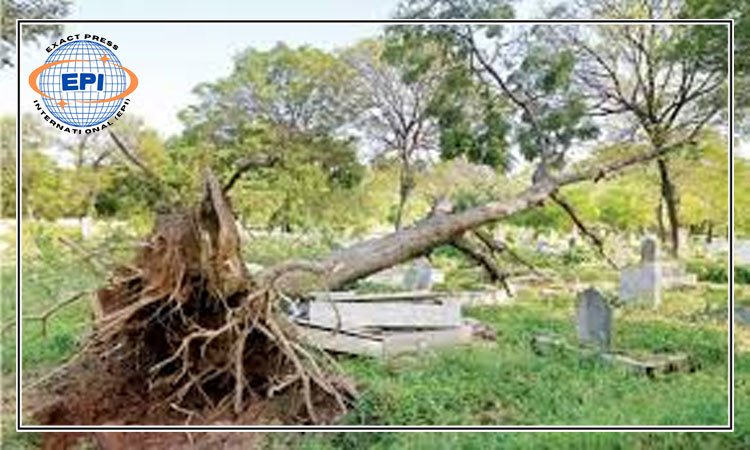Drowning in Politics, Dying in Storms: The Climate Emergency Pakistan Chooses to Ignore: By Ahsan Wahid
Fourteen people died in Punjab in a single day. Not in war, not in an act of terrorism, not due to a viral pandemic — but because of a rainstorm. A fierce wind, heavy rain, and crumbling walls were enough to claim lives and injure nearly a hundred others. Yet, this tragic event barely made a dent in our national consciousness, buried under the noise of political slogans, power games, and breaking news about who said what in Parliament. In the blaring echo of politics, human life has lost its value, and the reality of climate change continues to be treated like background noise.
What unfolded in Punjab — from Lahore to Rawalpindi, Jhelum to Sialkot — was not just a natural disaster; it was a result of systemic failure. Our infrastructure is outdated, emergency response is sluggish, weather warnings are ignored, and public awareness is virtually nonexistent. And still, our national conversation remains obsessed with politics while the sky keeps sending us warnings we refuse to hear.
Pakistan is one of the countries most vulnerable to climate change, and yet it behaves as if it has all the time in the world. From flash floods to heatwaves, from droughts to sudden violent storms, we are living through a climate emergency that is killing us — and we’re too distracted to notice. Climate change is no longer about rising sea levels and melting glaciers in distant lands; it’s about collapsing roofs, falling trees, and broken families in our own streets. It’s about a child who won’t return home from school because a wall fell on her. It’s about a father who left for work but never came back. These are not statistics — these are lives.
Despite this, our state response remains shallow. There is no concrete national emergency plan for climate adaptation. Departments work in silos, coordination is minimal, and public information campaigns are nearly nonexistent. Pakistan has talented climate experts, but they are seldom part of policy circles. Our politicians mention climate change in speeches abroad but fail to legislate or act meaningfully at home. We’ve created ministries, passed documents, and attended global climate summits — but on the ground, nothing changes.
The courts, too, have spoken about environmental protection in various rulings. Judges have issued observations, heard petitions, and passed orders regarding tree cutting, illegal construction, and deforestation. But like so many other issues in Pakistan, implementation remains the weakest link. Court orders gather dust, while bulldozers continue to tear through hills and forests unchecked.
Take Islamabad as a painful example. In the very heart of our capital, Margalla Hills — once a symbol of natural beauty and biodiversity — are being carved and cut to create more housing colonies. Land is being flattened, trees are being uprooted, and people are being lured with the promise of scenic homes at the cost of ecological destruction. Colonies are being planned where once wildlife roamed freely. And who is responsible for this? The government that grants these approvals. The housing authorities that benefit from selling off green land. And ultimately, we, the people, who remain silent because we want a piece of that “real estate dream.”
Instead of building export-based industries, technology hubs, or green enterprises, we’ve built a national economy that revolves around selling land to each other. The real estate sector has become our biggest business — not because we need more homes, but because we’ve made land our most profitable commodity. Forests are no longer seen as ecosystems — they are seen as untapped property. The very lungs of our country are being sold, piece by piece, plot by plot.
This relentless destruction has consequences. Trees are our natural air filters, carbon sinks, and buffers against storms. Hills regulate water flows and prevent landslides. Destroying them not only accelerates climate change but also makes every future storm deadlier. We’re not just selling land — we’re selling away our future, our safety, and our dignity.
This is not just the failure of a single government or a particular political party — it is a collective national failure. The state failed to act. The media failed to report. The judiciary failed to enforce. The people failed to speak up. We are all complicit in this silent, slow, but certain death.
So what should we do now?
We must wake up to the reality that climate change is not a tomorrow problem — it is today’s crisis. We need urgent reforms: real-time disaster response systems, strong environmental laws, climate literacy in schools, and serious public accountability for environmental crimes. Our judges must move beyond observations and push for strict enforcement of environmental rulings. Our politicians must prioritize climate policy as a national security issue. And we, the people, must change our lifestyles — from the way we build to the way we consume — with sustainability as our guiding principle.
If we do not act now, there will be more storms. More walls will collapse. More lives will be lost. And someday, we may find ourselves counting the cost of our silence in lives, not just rupees.
We can no longer afford to treat the weather like small talk. Because now, the weather is talking back — and it’s screaming.

